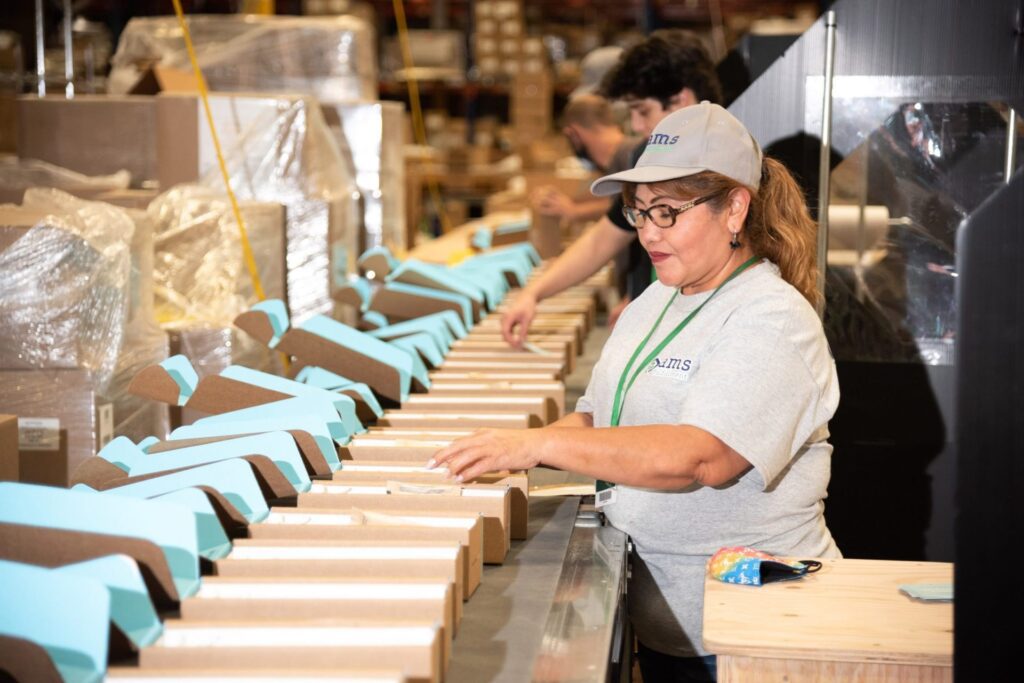When it comes to understanding how the supply chain, the wholesale distribution center may be one of the unsung heroes of commerce. It’s an essential element that keeps goods flowing from manufacturers to consumers, but many people don’t really understand what it is or what happens there. Without it, however, industries ranging from consumer products to health care to food and beverage would be unable to keep their items on store shelves. Read on to learn about this crucial link in the supply chain and the many roles it serves.
Understanding Wholesale Distribution
Before getting into the role of a distribution center, it’s important to talk about how wholesale b2b fulfillment works. In the simplest terms, wholesalers function as an intermediary between the manufacturer and the retailer. Manufacturers, for the most part, are concerned with the actual production of goods, and retailers market these goods to consumers. Wholesalers fill a variety of roles in-between, such as arranging for the transportation of products and storing excess inventory. They also may be involved in repacking or kitting, which is the process of assembling or packaging the finished product into the form it takes when it reaches the consumer.
The benefits of utilizing a wholesale model are numerous. First and foremost, a wholesaler gives the original manufacturer the ability to concentrate on its core competencies, rather than spending time and money on logistics. The wholesaler buys goods in bulk from the manufacturer, which keeps purchase costs down and enables the price of each item to be kept as low as possible. Because the wholesaler handles all the elements of transporting and storing those goods, the manufacturer doesn’t need to keep an inventory or concern itself with arranging for shipments and deliveries.
Value-added services — such as kitting and assembly — also provide an attractive incentive for working with wholesalers. A wholesaler has the equipment and capability to handle these steps with ease, so the manufacturer doesn’t have to. A manufacturer makes the product, but the wholesale distributor makes that product presentable and sellable.
Wholesalers also sell products directly to retailers at a slightly higher price than they paid themselves, meaning the manufacturer doesn’t need to worry about finding buyers for its offerings. All these tasks would be exceedingly difficult for a manufacturing company to incorporate into its operations, and the need to maintain its own warehousing, distribution and transportation processes would add a significant amount to the cost of each individual SKU. Having a wholesale fulfillment center in the middle of the process means consumers can enjoy lower prices on what they buy at the store.
An Essential Element
Having wholesalers serve as the go-between for manufacturers, retailers and consumers makes much of today’s commerce possible. Wholesale order Fulfillment is proud to be that vital link in the chain for a large number of companies in electronics, food and beverage, and other sectors. Our expertise and multi-channel flexibility in e-commerce as well as wholesale/retail fulfillment and distribution make us an ideal partner for your business, too.
To learn more about everything we can do for you, get in touch with us today.




